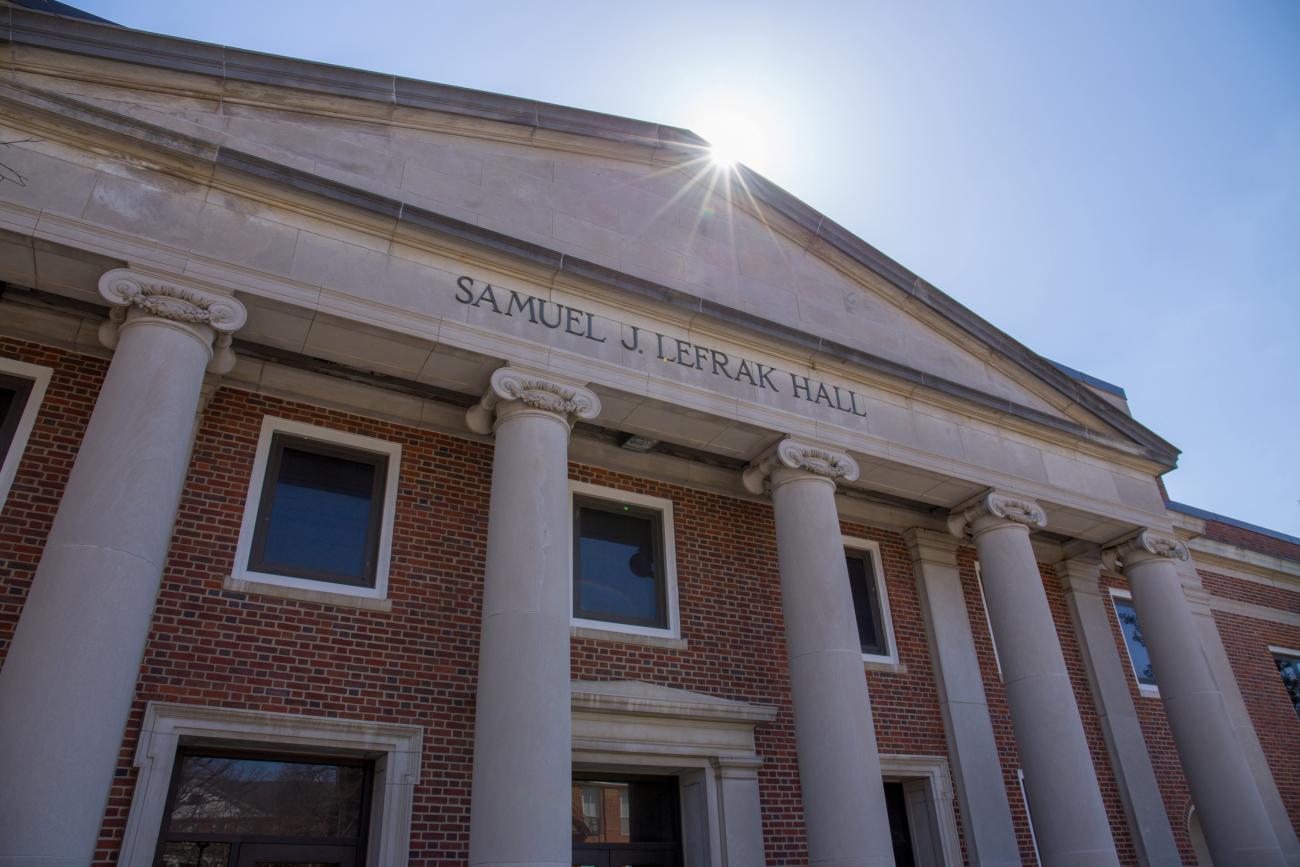Welcome to the Neuroplasticity in Auditory Aging Project!
We are a group of researchers at the University of Maryland who seek solutions to speech communication problems of older people.
The overall goal is to improve engagement in social interactions in different settings and with different communication partners, thereby enhancing quality of life.
Our research focuses on training to improve speech understanding in challenging listening situations, including in noise and reverberation, and including the speech of fast talkers or those with foreign accents.
Please read about our team, our projects, and how you can participate by clicking on the tabs at the top of this page.
Rationale for our study: Millions of seniors in the U.S. have age-related hearing loss (ARHL), a malady that affects the majority of adults 65 years and older. This hearing loss not only impacts communication and functional ability, but also is strongly associated with cognitive decline and decreased quality of life. This project aims to develop effective strategies to compensate and reverse this degenerative process through a deeper understanding of methods for harnessing the plasticity mechanisms that most effectively remedy ARHL. If successful, the program has the potential to restore successful communication and improve quality of life for millions of older Americans.
The UMD Neuroplasticity and Auditory Aging research project is supported by a grant # P01 AG055365 from the National Institute on Aging of the NIH.


